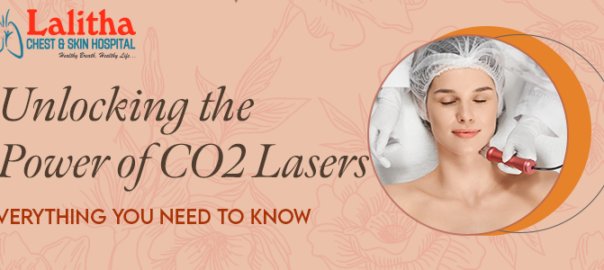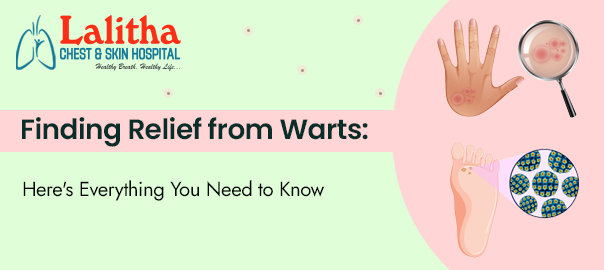CO2 lasers have revolutionized industries with their precision, versatility, and efficiency. From medical applications to industrial uses, these lasers have become indispensable tools. But what exactly are CO2 lasers, and how do they work? This comprehensive guide delves into the basics, applications, and advantages of CO2 lasers, unlocking their true potential.
CO2 lasers, also known as carbon dioxide lasers, are a type of gas laser that utilize carbon dioxide as the active medium to produce a high-powered, focused light beam. First developed in 1964 by Kumar Patel, they remain one of the most widely used laser technologies. These lasers emit infrared light, typically at a wavelength of 10.6 micrometers.
The laser works by exciting carbon dioxide gas molecules within a sealed chamber. When an electrical current passes through the gas, it stimulates the molecules to emit photons, creating a coherent and highly focused light beam.
With inputs from Dr. B. Jyothi, a leading dermatologist in Karimnagar, let us gain more insights into the features, applications, challenges, and applications of these lasers:
Key Features of CO2 Lasers:
- High Efficiency: CO2 lasers are known for their exceptional energy efficiency, converting electrical energy into laser light with minimal waste.
- Precision: These lasers offer unparalleled accuracy, making them ideal for intricate cutting, engraving, and drilling tasks.
- Versatility: CO2 lasers can work on various materials, including metals, plastics, wood, ceramics, and organic tissues.
- Durability: Their robust design ensures long-term performance with minimal maintenance.
Applications of CO2 Lasers:
CO2 lasers are versatile tools with applications across various fields:
- Medical Industry:
In the medical field, CO2 lasers are widely used for surgical procedures. Their precision allows for minimal damage to surrounding tissues, reducing recovery times. Common applications include:
- Skin resurfacing and wrinkle removal
- Removal of tumors or lesions
- Eye surgery, such as LASIK
- Dental procedures
- Industrial Sector:
CO2 lasers play a significant role in manufacturing and fabrication. Their ability to cut and engrave with high precision makes them indispensable in industries such as:
- Automotive and aerospace (for cutting and welding)
- Textile and garment manufacturing
- Electronics (for circuit board fabrication)
- Signage and graphic design
- Research and Development:
- Scientists and researchers use CO2 lasers in advanced experiments, such as spectroscopy, material analysis, and the development of new technologies.
- Art and Design:
Artists and designers use CO2 lasers to create intricate patterns and designs on materials such as wood, acrylic, and leather.
Advantages of CO2 Lasers:
- Non-contact Operation: The laser beam does not physically touch the material, reducing tool wear and tear.
- High Speed: CO2 lasers can perform tasks like cutting and engraving much faster than traditional methods.
- Flexibility: Their ability to work on diverse materials makes them versatile tools for various industries.
- Minimal Waste: CO2 lasers are environmentally friendly, producing less waste than traditional machining processes.
Challenges and Limitations:
While CO2 lasers are incredibly powerful, they do come with specific challenges:
- High Initial Cost: The upfront investment for CO2 laser equipment can be substantial.
- Safety Concerns: The high-powered laser beam can pose safety risks, requiring proper protective measures.
- Maintenance Needs: The optical components and gas mixtures may require periodic servicing over time.
Future of CO2 Lasers:
As technology advances, CO2 lasers are becoming even more efficient and accessible. Innovations like compact designs, automated systems, and enhanced beam control are expanding their applications. Emerging fields such as 3D printing and nanotechnology also hold promise for CO2 laser integration.
CO2 lasers have unlocked once unimaginable possibilities, transforming industries and improving lives. Their precision, efficiency, and versatility make them indispensable tools in various applications. Whether you’re a manufacturer, medical professional, or researcher, understanding the power of CO2 lasers can help you harness their potential to achieve remarkable results.
If you’re dealing with wrinkles, scars, warts, or similar concerns and find yourself searching for terms like “CO2 laser treatment near me,” “CO2 laser scar removal near me,” or “CO2 laser tattoo removal,” on Google SERP, we’re here to offer the guidance and information you need to make an informed choice.
Dr. B. Jyothi at Lalitha Chest and Skin Hospital is the best lady dermatologist in Karimnagar, with expertise in CO2 laser treatment that can produce exceptional results in a short time frame. You can contact her here: https://lalithachestandskinhospital.com/



